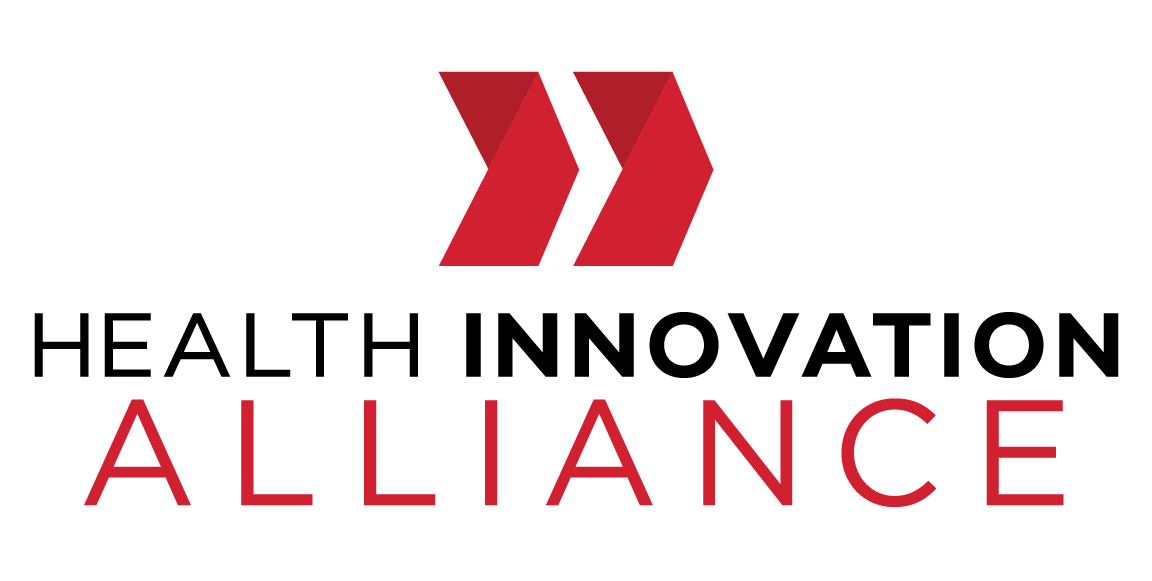For Immediate Release:
Contact: Kelly Broadway, 202-808-8853
kbroadway@health-innovation.org
Privacy Legislation Should Not Impede Advances in Healthcare
Washington, D.C. – Ahead of tomorrow’s House Committee on Energy and Commerce hearing, “Innovation, Data, And Commerce Subcommittee Hearing: “Promoting U.S. Innovation and Individual Liberty through a National Standard for Data Privacy,” the Health Innovation Alliance (HIA) urged members to explicitly carve out existing healthcare laws and regulations in any privacy legislation considered by the Committee.
“Exchanging health information is vital to the practice of medicine and its regulation. Going back to the Hippocratic oath, privacy has been a necessary tenet of healthcare – that’s why there are a host of laws that protect patient privacy.
Congress has worked for years to improve the access, exchange, and use of health data. As the Committee on Energy and Commerce revisits consumer privacy legislation, the Health Innovation Alliance encourages lawmakers to use the opportunity to take a closer, more thoughtful look at the policies intended to keep private health information from being publicly sold and ensure that they do not stop advances in medicine.”


